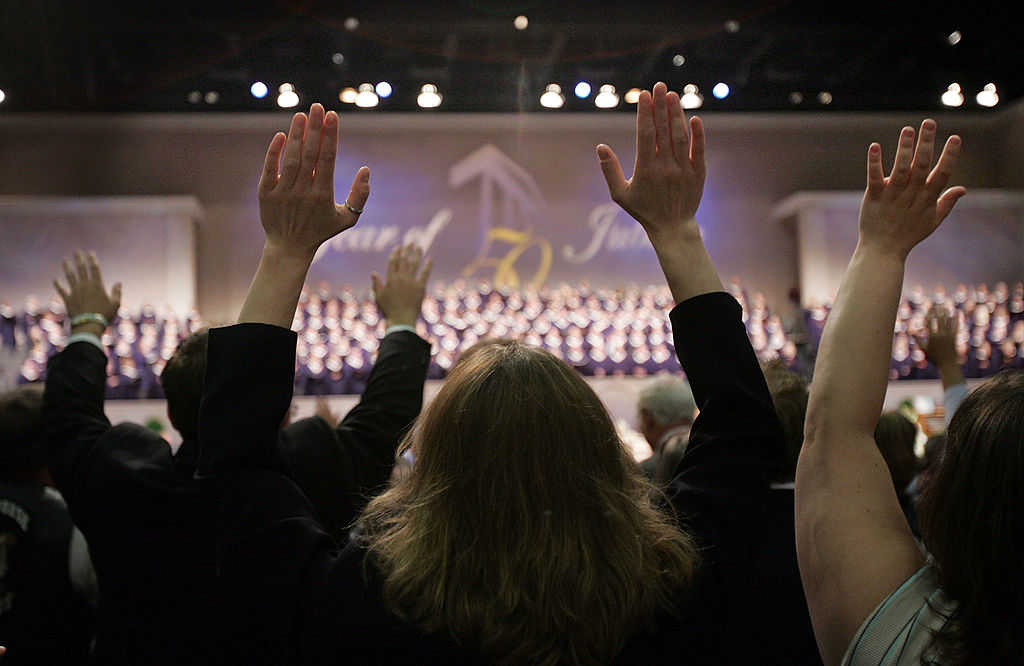A new Lifeway Research study published earlier this week has highlighted a pretty strange trend in American Christianity – a large proportion of those who call themselves “evangelical” do not hold to traditional evangelical beliefs.
Indeed, less than half of those who identify as evangelicals (45 percent) strongly agree with core evangelical doctrine, according to a new survey from Nashville-based research group.
“There’s a gap between who evangelicals say they are and what they believe,” said Scott McConnell, executive director of LifeWay Research. The research also discovered that a vast number of evangelical believers completely reject the term “evangelical.” In addition to this, only two-thirds (69 percent) of evangelicals by belief self-identify as evangelicals.
The research highlights a very interesting nuance in the belief system of the American evangelical:
Fifteen percent of Americans are evangelicals if measured by their core beliefs. However, 24 percent of Americans self-identify as evangelicals. And when it comes to racial diversity, Lifeway’s results are fascinating:
“Evangelicals by belief are more diverse than self-identified evangelicals. Fifty-eight percent are white, 23 percent are African-American and 14 percent are Hispanic. Five percent claim another ethnicity. By contrast, 70 percent of self-identified evangelicals are white. Fourteen percent are African-Americans. Twelve percent are Hispanic, and 4 percent claim another ethnicity.”
There are, however, some similarities between the two groups. Both are predominantly from the South and are mostly Republicans. Just over half of evangelicals by belief live in the South. Twenty-two percent reside in the Midwest. Sixteen percent are in the West, while just 6 percent live up in the Northeast.
And the self-identified evangelicals? Well, 48 percent live in the South. Twenty-five percent hail from the Midwest. Seventeen percent live in the West, and 9 percent are from the Northeast.
“If you are an evangelical who lives in the South, you’re often going to run into people who believe the same things you do,” said McConnell. “In the Northeast, you’re often going to feel alone.” The political side of things is also interesting. Evangelicals are overwhelmingly Republican by affiliation:
“Two-thirds of evangelicals by belief (65 percent) are Republicans or lean Republican. Thirty percent are Democrats or lean Democratic. Four percent are undecided or independent. Among self-identified evangelicals, 64 percent are Republicans or lean Republican. Thirty-three percent are Democrats or lean Democratic. Three percent are undecided or independent.”
What about the particular political views of the two groups?
“The political differences between them turn out to be very small,” McConnell explained. He believes that political standpoint on certain key issues is much more likely to be influenced by party affiliation rather than personal faith.
“Evangelical religious beliefs by themselves do not explain political behavior,” McConnell said. “Ethnic group is a better predictor of political behavior, but the best predictor of voting patterns is one’s political party identification.”
Read the full results and write-up here.
(H/T: Lifeway Research)



